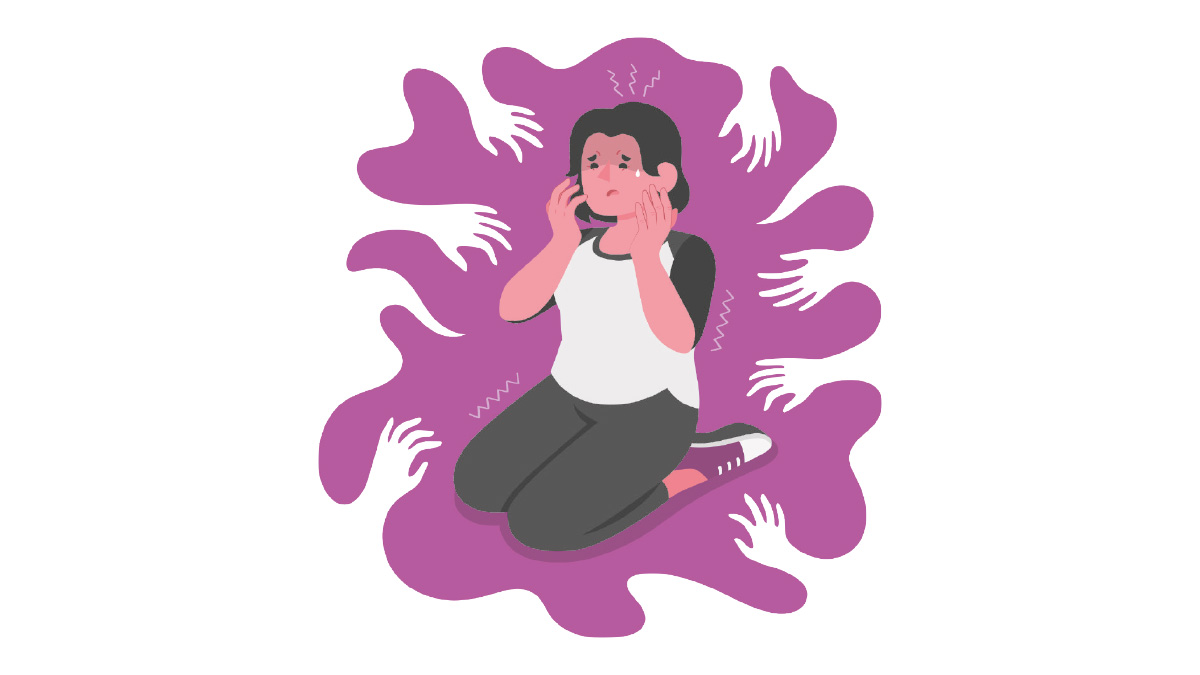‘Hacer sentir a otra persona inferior no es algo grande, de hecho, es lo más bajo que uno puede hacer’
Recuerdo que, en mi infancia, el término de acoso escolar no existía, sin embargo, con el tiempo, molestar, agredir o intimidar a un compañero fue cobrando importancia.
Ante esta situación, algunos padres no saben cómo proteger o ayudar a sus hijos a no ser víctimas del acoso o la violencia, y otros no saben si sólo son testigos o incluso los perpetradores de estos comportamientos.
Por lo general, el acoso puede identificarse a través de tres características que considero son claves:
1. Planificación e intención
2. Humillación
3. Poder
Un acosador tiene la intención de causar dolor, ya sea a través del daño físico, palabras o comportamientos hirientes, y lo hace de manera repetida hasta lograr su objetivo final, dañar a toda costa. Los niños y jóvenes tienen más probabilidades de ser víctimas de acoso físico y psicológico.
La Biblia nos dice, en el libro de Romanos 12:17-19, “Nunca devuelvan a nadie mal por mal. Compórtense de tal manera que todo el mundo vea que ustedes son personas honradas. Hagan todo lo posible por vivir en paz con todos.Queridos amigos, nunca tomen venganza. Dejen que se encargue la justa ira de Dios. Pues dicen las Escrituras: ‘Yo tomaré venganza; yo les pagaré lo que se merece’,dice el Señor.
Es importante entender que en estos casos se debe buscar ayuda y no actuar conforme a lo que nosotros creemos.
Si sabes de alguien que está siendo víctima de acoso, puedes tomar una serie de medidas para ayudar a quien padece de acoso:
· Escúchalo abierta y tranquilamente
· Tranquilízalo y hazle saber que no estará solo
· Habla con su profesor o con alguna autoridad escolar
· Apoya a tu hijo
· Busca ayuda
Por último, recuerda que, “Hacer sentir a otra persona inferior no es algo grande, de hecho, es lo más bajo que uno puede hacer” (Anónimo).
Breaking the silence vs. harassment
‘Making another person feel inferior is not great; in fact, it’s the lowest thing one can do.’
I remember that, in my childhood, the term bullying did not exist; however, as time went by, teasing, assaulting, or intimidating a classmate became more and more critical.
Faced with this situation, some parents do not know how to protect or help their children from becoming victims of bullying or violence, and others do not know if they are just witnesses or even the perpetrators of these behaviors.
In general, bullying can be identified through three characteristics that I consider to be key:
1. planning and intent
2. Humiliation
3. Power
A bully intends to cause pain, either through physical harm, hurtful words, or behavior and does so repeatedly until they achieve their ultimate goal, to harm at all costs. Children and young people are more likely to be victims of physical and psychological bullying.
The Bible tells us, in Romans 12:17-19, “Never repay anyone evil for evil. Behave in such a way that everyone will see that you are a righteous person. Do your best to live in peace with everyone. Dear friends, never take revenge. Let the righteous wrath of God take care of it. For the Scriptures say, ‘I will take vengeance; I will repay you what is due,’ says the Lord.
It is important to understand that in these cases, we should seek help and not act based on our beliefs.
If you know someone who is being bullied, you can take several steps to help the person who is being bullied:
· Listen to them openly and calmly
· Reassure them and let them know that they are not alone
· Talk to their teacher or a school authority
· Support your child
· Seek help
Finally, remember, “Making someone else feel inferior is not a great thing; in fact, it is the lowest thing one can do” (Anonymous).

